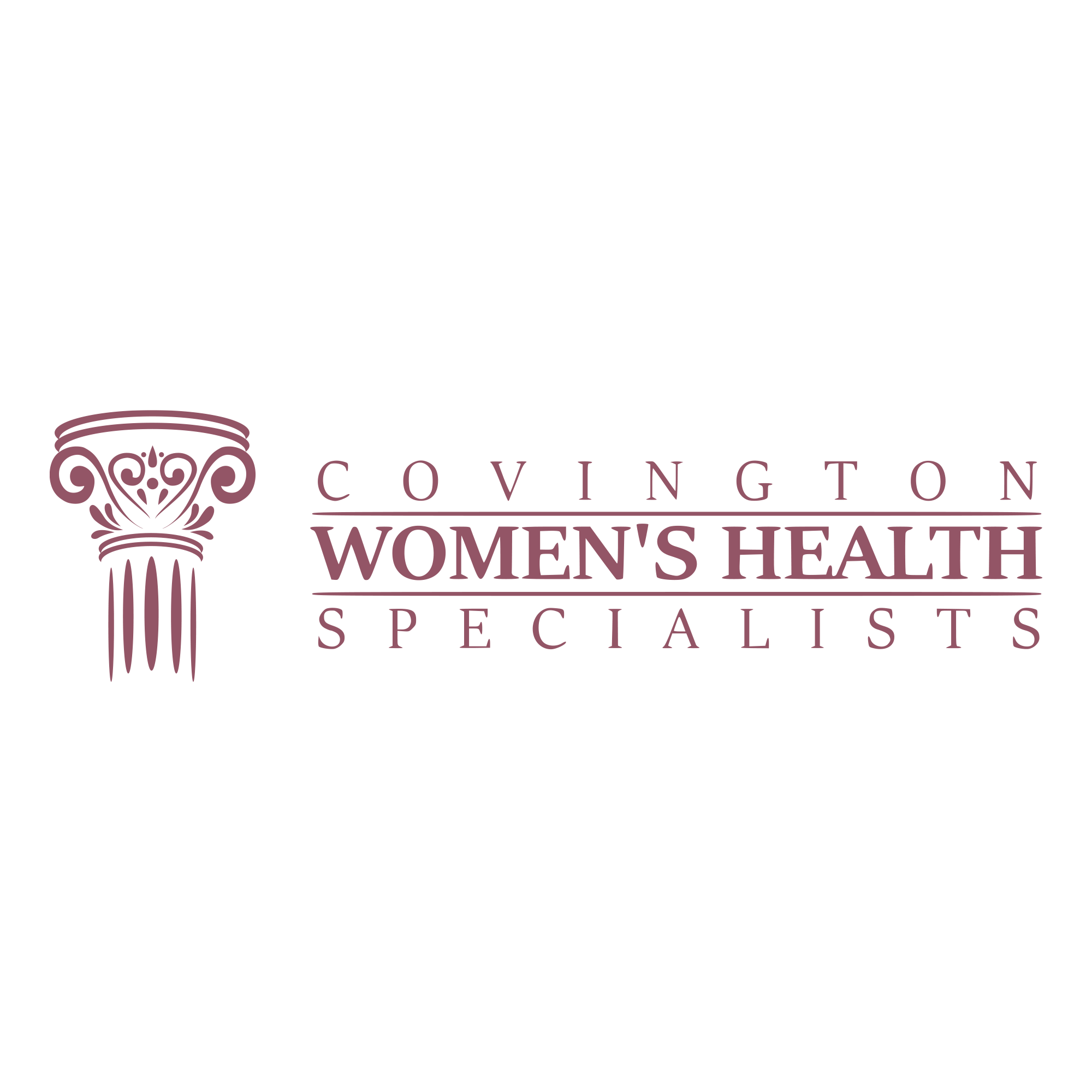Heart Disease in Women
* The following article was written by the experts at Covington Women’s Health and was published in Rockdale Newton Citizen’s “Physicians Guide.” *
Heart disease is the leading cause of death for women in our country. All women—including African Americans, Hispanics, and Caucasians—are at risk. And most of these deaths are preventable.
Our heart and blood vessels make up our cardiovascular system. More than one in three American women are living with some form of heart or cardiovascular disease. This includes many different problems such as heart attacks, strokes, and heart failure.
Am I at Risk?
Your age, lifestyle, health conditions, and your family history contribute to your risk for cardiovascular disease. Your lifestyle includes whether you exercise or sit often, whether you drink alcohol or not, and whether or not you smoke. The choices you make will have a large impact on your health.
Excessive alcohol use can increase your heart disease risk in several ways. Alcohol can cause an increase in blood pressure and contribute to obesity. While some studies have shown that alcohol consumption in moderation may have some benefit to heart health, studies to confirm this are ongoing.
Risk Factors for Heart Disease
Almost two-thirds (64%) of women who die suddenly of heart or blood vessel disease have no warning symptoms. Even if you feel well, you may still be at risk.
Warning Signs
Women typically experience different symptoms when having a heart attack than men do. As already mentioned, some women have no symptoms, other women may experience sharp or burning chest pain, frequently while also having pain in the neck, jaw, throat, abdomen, or back. Chest pain should never be ignored! Call 911 if you suspect you are having heart symptoms.
Prevention is the Key
Take steps to lower your heart disease risk by changing the behavior you can control.
If you have any more questions about heart disease in women, reach out to the experts at Covington Women’s Health by either giving us a call at 770-385-8954 or by scheduling an appointment online.








